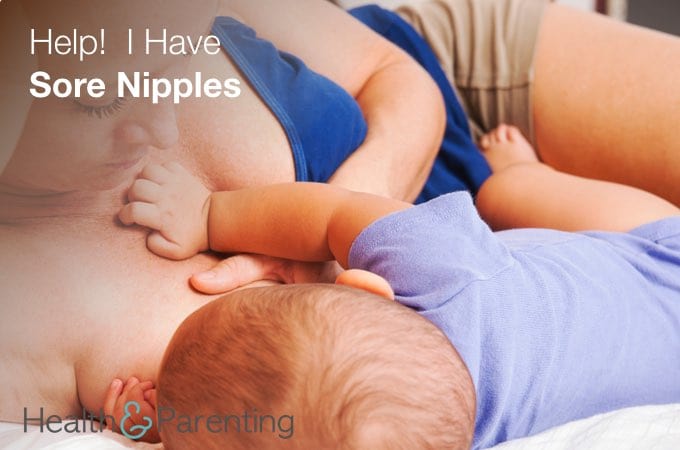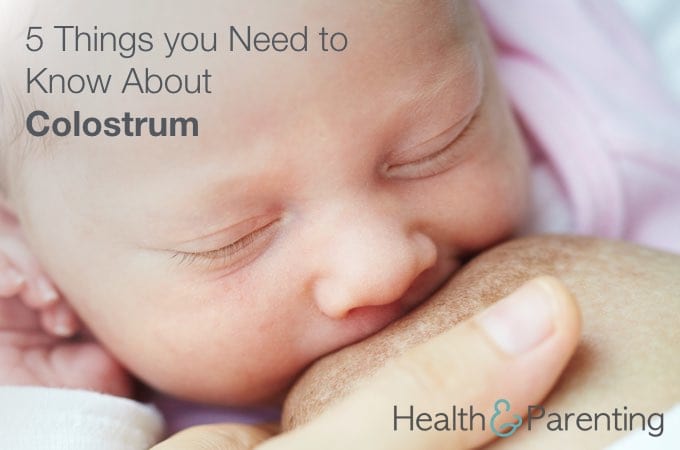You may not have the necessary equipment, but that doesn’t mean you get to sit breastfeeding out. Breastfeeding may seem like a one woman job, but there’s actually a lot of behind-the-scenes tasks that you can take care of. So, what can you do to help ensure your baby reaps the benefits of the best start in life by breastfeeding? Here are some ideas to improve the father’s role in breastfeeding:
1. Support your partner – this is probably your single most important job when it comes to breastfeeding. Breastfeeding isn’t easy, in fact it can be a tough cookie to crack, and your partner is likely to need a lot of support from you to help her stay positive about breastfeeding. When faced with newborn weight loss, cracked nipples and lack of sleep, many new mums start to doubt themselves. Add to this unwanted comments from elderly relatives, strangers and friends, and it’s not wonder your partner is feeling frustrated. But with your help and support, you can help your partner realise her personal goal of breastfeeding. Be it two days, two weeks or two years – your support can help her along the way with your positivity.
2. Help your partner – during the early days especially, as she recovers from the birth, your partner will probably appreciate some help during breastfeeding. If the baby was born by cesarean, she may need you to lift the baby up and pass him to her for feeds. It could also mean getting professional help for your partner. Some women encounter breastfeeding hurdles along the way, be it mastitis, latch problems or sore nipples, and there is plenty of help available. However, some women don’t want to ask for help, and instead struggle on before giving up. You can help by finding the support your partner needs to solve her breastfeeding problems. Look for a lactation consultant, breastfeeding counselor or support group nearby that can offer assistance and diagnose any issues.
3. Words of encouragement – it’s surprising the difference a few words of encouragement can make in the workplace, and this is true for breastfeeding, too. Let your partner know that she’s doing a great job, that you’re in awe of her, and that she’s a great mother – even if you think she’s lost her mind! On a tough day, these few words could be all it takes to give her the strength to keep going.
4. Let her sleep – breastfeeding is a full-time job, and your partner is likely to be up a lot during the night feeding the baby. Try to help her catch up on her sleep by encouraging her to nap during the day, looking after the baby for a couple of hours, and doing a night shift. Of course you’ll still need to wake her for feeds, but at least she’ll be able to catch up on a couple of hours in the meantime. If your partner is expressing for bottle feeds, you could give these during the night to let your partner get a proper rest (though she may wake anyway because her breasts get too full).
5. Offer a butler service – a feed lasts around 45 minutes for the first few months, so make sure your partner has everything within arm’s reach during that time. The television remote, a magazine, her phone, a drink and some healthy snacks are all things she might want nearby. Breastfeeding is thirsty (and hungry) work, so make sure she has enough to eat and drink while she’s trapped under the baby. Make sure she knows that whatever she needs, you will get it for her.
Experienced breastfeeders, how did your partners help to support you to breastfeed? Are there any tips you would add to the above list?
Want to see some educational videos on breastfeeding? Good news! You can now download our Baby App for iPhone / iPad or Android, which has lots of useful movies and information on breastfeeding. Click Baby+ iOS or Baby+ Android to install the App, and prepare for the arrival of your little one(s).
Written by Fiona (@Fiona_Peacock), mother, writer and lover of all things baby related
This information is not intended to replace the advice of a trained medical doctor. Health & Parenting Ltd disclaims any liability for the decisions you make based on this information, which is provided to you on a general information basis only and not as a substitute for personalized medical advice. All contents copyright © Health & Parenting Ltd 2018. All rights reserved.












